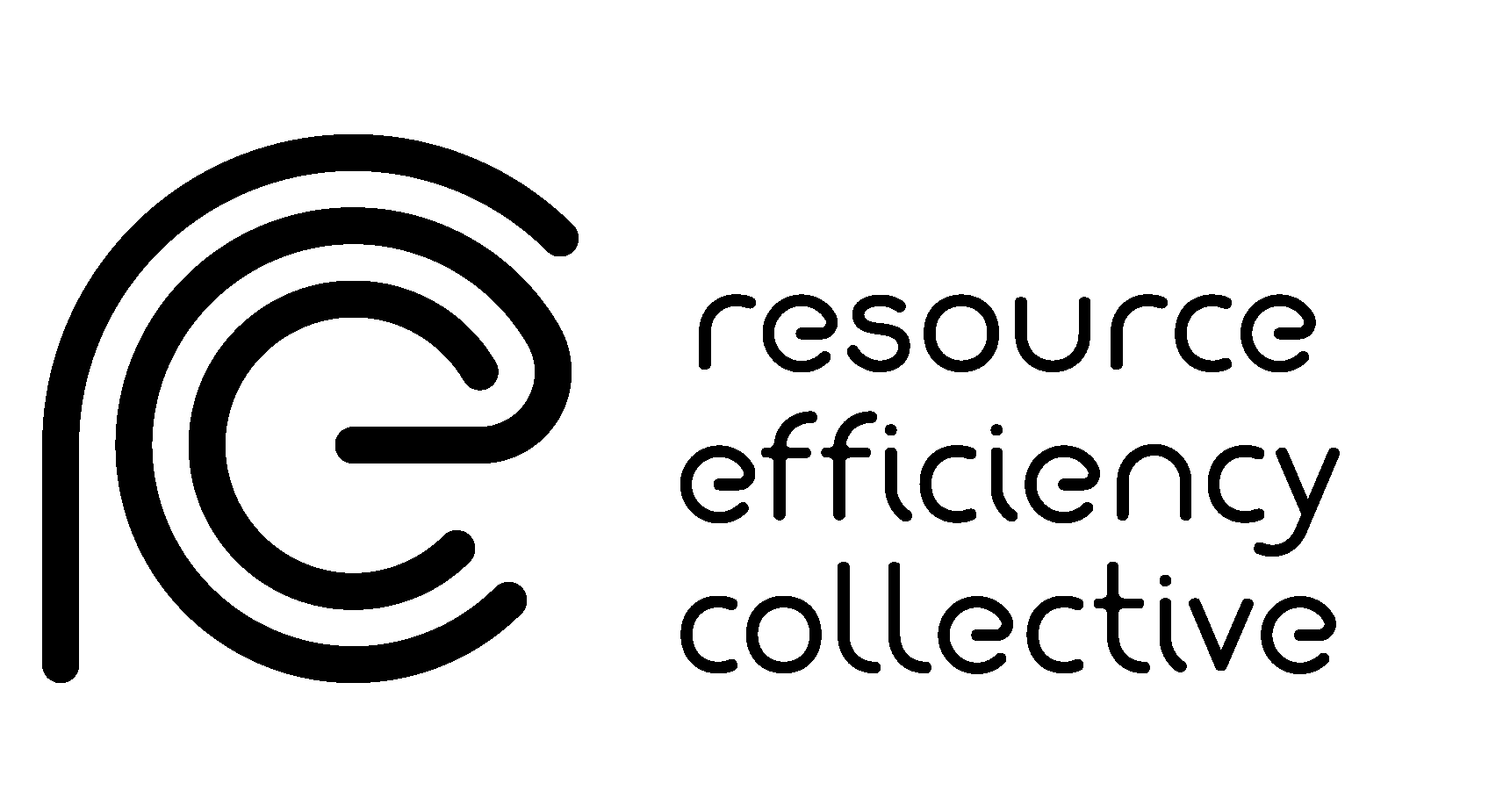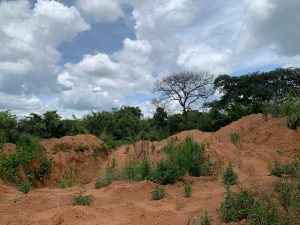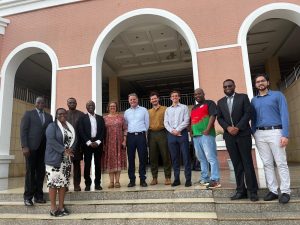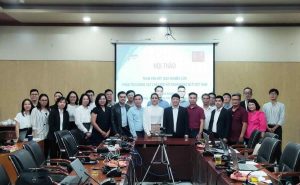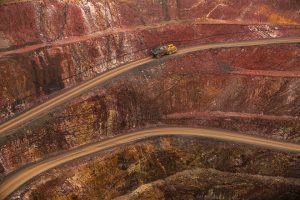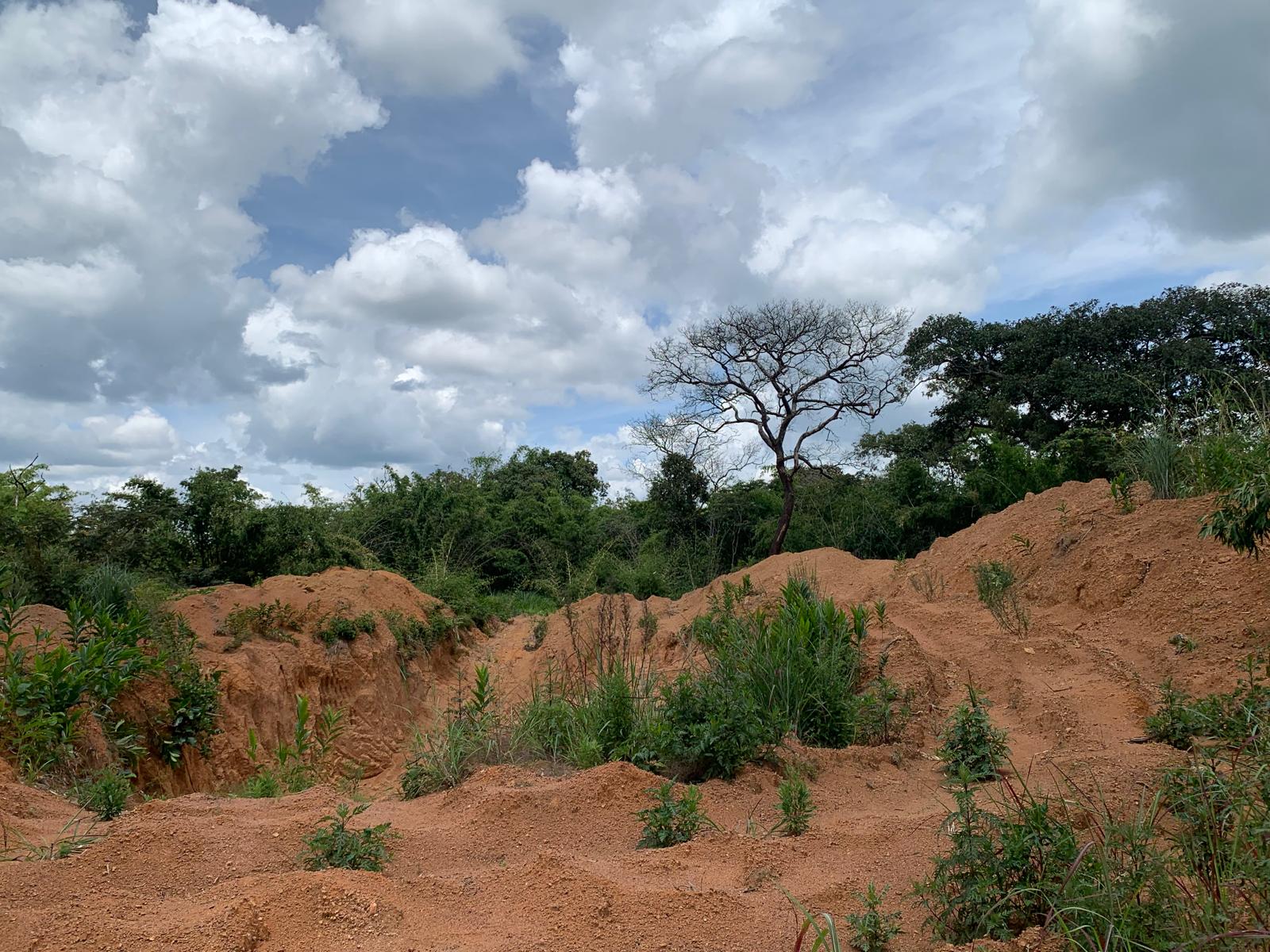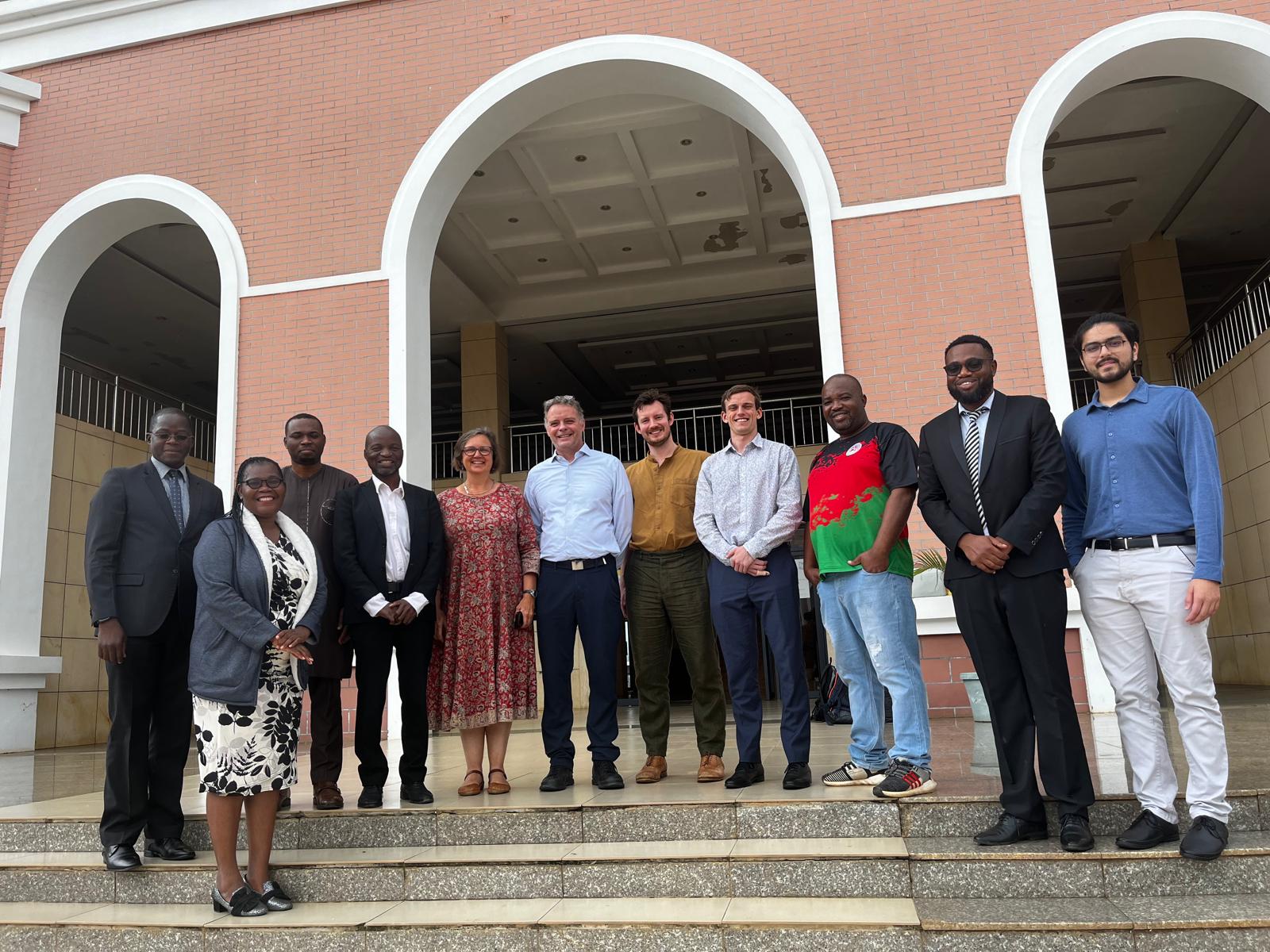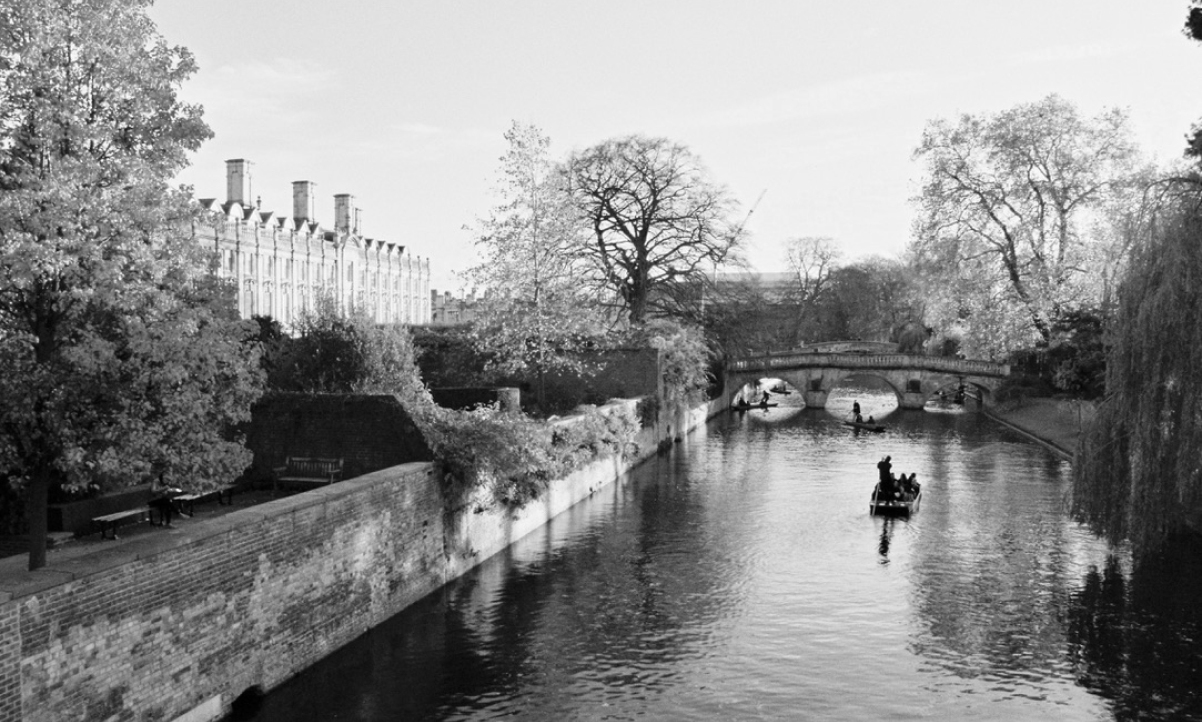Our COP27 participation and some reflections on the conference
Karla Cervantes Barron reflects on her experiences at this year’s COP27, sharing insights on the conference as a whole, and the sessions she chaired and spoke in as part of the Climate Compatible Growth (CCG) side-event schedule.
This year’s Conference of the Parties (COP) was held in the touristy town of Sharm el Sheikh, Egypt. The location offered many contrasts, from the number of people in formal attire and the number of tourists with their holiday outfits; to the generous breakfast buffets and the lack of enough food and water at the official COP venues; and the “Old” Market of Sharm, which included recent-looking streets and restaurants and a mosque completed in 2017.
The key COP27 outcomes
In the context of international agreements to stay within 1.5 °C of warming, COP27 was not successful. The main disappointments were the lack of a clause about the “phasing down” (let alone phasing out) of “fossil fuels” phrase and the lack of follow-up commitments to limit warming to 1.5 °C. The main positive achievement was the landmark agreement to establish a losses and damages fund for countries that are “particularly vulnerable” to climate change. This agreement came after much negotiation regarding the type of support and the countries which should be the providers and recipients of funding.
COP27 was marked by significant delays to the negotiations, with the agreement finalised 39 hours after the conference was officially planned to end. This reflects the difficulties in reaching consensus, but also the general delays in planning and setting an agenda.
I asked different people what they thought of the achievements of COP27 and the process in general, the answers varied depending on how many COPs each person had attended. For newbies such as myself, there seemed to be hope and ambition for decisions to be made quickly, given the evidence supporting the need for rapid change. Veteran COP attendees were more cautious, and were generally more disappointed about the process, given the slow pace to reach commitments.
The contrast between the experiences shows how gruelling the COP process is, with yearly presidency turnovers and hurriedly organised sessions aiming to keep the conversations and commitments going. Hopes are raised, a lot of work is published, and many discussions and negotiations occur. Yet, wording, national interests and other factors quickly undermine agreements that took precious time to negotiate. All of this occurs as the clock ticks and the effects of climate change are felt more and more, which in turn leads to more efforts and resources needed (such as funding for climate adaptation and disaster management).
My participation in COP27
The Climate Compatible Growth participation in COP included side-events organised wholly by CCG and participation from different individuals in other sessions and negotiations.
My participation in COP included organising two events, chairing one of them and talking in the other, and being a panellist in two additional events.
The two events that I organised were a session on the material implications of low-carbon transitions and a session to launch our report on industrial resource efficiency in Lao PDR.

The session on material implications addressed the need to include material production in low-carbon transitions as more and more specialised materials constitute the technologies that will be scaled up, as well as the changing methods of production of hard-to-decarbonise materials, whose demand is ever-growing. The panellists were Jonathan Cullen, Peter Levi from the IEA, Francisco Boshell from IRENA and Jennifer Layke from the WRI, with me as the chair.

The Lao PDR report launch session showcased the main improvements identified for industries in the country to use less energy, generate fewer emissions, and address material provision and production challenges. The event was chaired by Mark Howells. The panellists were Virana Sonnasinh from the Ministry of Natural Resources and the Environment (MONRE) of Lao PDR, Helena McCleod from the Global Green Growth Institute (our report co-authors), Charlotte Weston from the UK COP presidency and myself. The discussion included reflections on the kind of support needed by Lao PDR and similar countries, including project continuity, finding or providing funding, and alignment with national goals and local partners.
I was satisfied with our events. We received positive feedback and discussed ideas to pursue in future research and collaborations. These discussions also took place in Lao PDR the week after COP (see photo 2). As a personal reflection, although overall the pace of COP agreements is not what it needs to be given the imperative for rapid change, being able to contribute to progress is encouraging.
Links:
Vientiane Times article about the report
YouTube link to materials event
YouTube link to Lao report launch event
Read more about Karla and find out about her research on our website.
